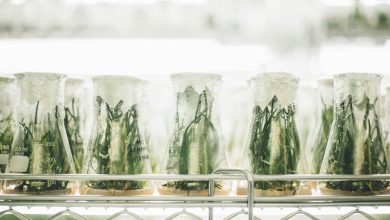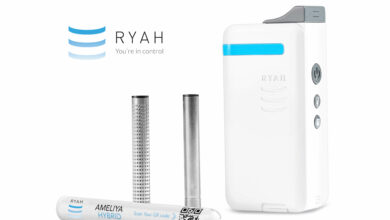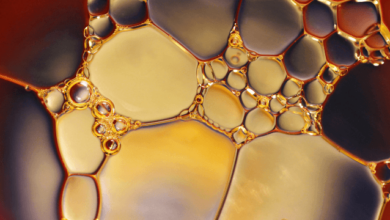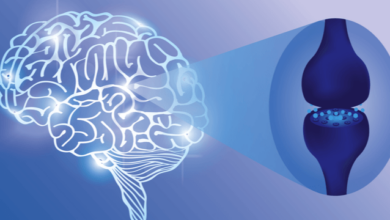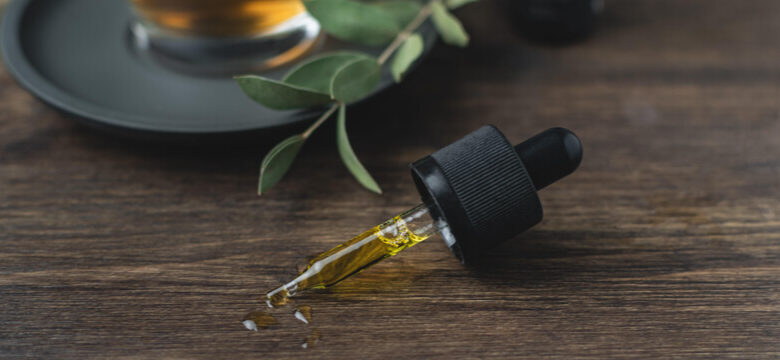
Over the last few years, cannabidiol (CBD) has gone from strength to strength. It went from being a compound associated with drug culture and getting high to one believed by many to have therapeutic benefits. Today, millions of people worldwide use CBD to experience these purported benefits. Although it is not as popular as CBD, tetrahydrocannabinol (THC) is another cannabinoid also making a name for itself and is proving to have a list of potential benefits. However, many people, especially those who haven't used CBD, still get confused between the two and think they are interchangeable. Some deeply mistrust THC and simply view it as a compound people use to get high. So what exactly is the truth? And does CBD oil have THC? Let’s find out.
Table of Contents
Is there THC in CBD oil?
While CBD and THC are two different compounds, CBD can still contain traces of THC. Both the cannabis and hemp plant produce these two compounds. Cannabis has a higher THC concentration, while hemp has a higher CBD concentration. Therefore, CBD oil may contain trace amounts of THC, as it is present at low levels in the hemp plant.
What is the difference between CBD and THC?
Cannabidiol is a non-intoxicating cannabinoid found in the cannabis plant. Also referred to as CBD oil, it is gaining popularity due to its wide range of potential therapeutic effects.
On the other hand, tetrahydrocannabinol is the primary psychoactive compound in cannabis. Structurally, it is almost identical to CBD, but they produce very different effects. The most apparent difference between the two is that THC is intoxicating, while CBD is not.
THC has been stigmatised for decades because of this property, and many people think of it as a recreational drug. Lately, however, research has started destigmatising THC by showing evidence that it may have several potential medical uses, such as helping with the symptoms of chronic pain, depression, and nausea.
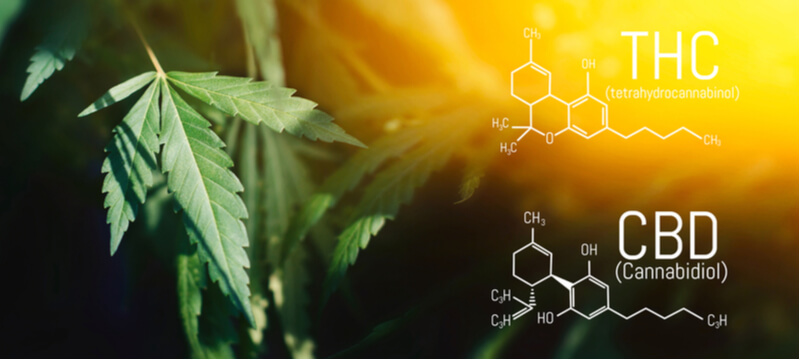
Even though they seem very similar, It is clear that CBD and THC are two very different compounds with their own set of features.
Although THC isn’t prescribed for any health conditions in the UK, CBD is currently used to treat epilepsy and multiple sclerosis.
Why CBD oil containing traces of THC may be good for you
Have you ever heard of whole plant medicine? This is the theory that using the entire plant, including all its compounds etc., is preferable to using a single component. One of the main reasons this concept is becoming so popular is the entourage effect.
Over 120 different phytocannabinoids can be found within the cannabis plant. These phytocannabinoids act on your endocannabinoid system, which works to maintain homeostasis, or balance, in your body.
In short, the entourage effect is the concept that various compounds in cannabis work in tandem to produce more potent effects than if either compound was taken alone.
Like much of what we know about cannabinoids, much more evidence is needed to support the entourage effect theory, and research is ongoing. However, current research shows promising results.
Can CBD oil lead to a failed drug test?
CBD and THC are cannabinoids that are stored in the body's fat. It can take a while for these cannabinoids to metabolise and be eliminated by the body. This means they can appear on drug tests for days or weeks after you've used them.
Not all drug tests can detect CBD, although CBD sensitive tests are available. Most drug tests look for traces of metabolites, not individual cannabinoids. Therefore, if your body has not got rid of it completely, the drug test may pick up THC in your system, and you will fail the drug test.
One crucial thing to keep in mind is that hemp can also produce THC in addition to CBD, so a test for THC could come up positive even if you’ve only used CBD, and you will face legal consequences. Not all CBD products that claim to be THC free are entirely devoid of THC, so we recommend not using any CBD or THC products before a drug test.
Are CBD and THC legal in the UK?
Although CBD is legal in the UK, it’s a bit complicated. A Novel Foods Certification for edibles is now needed to comply with CBD UK law.
First and foremost, the CBD must be extracted from an EU-approved industrial-grade hemp strain. Hemp has high levels of CBD and low levels of THC.
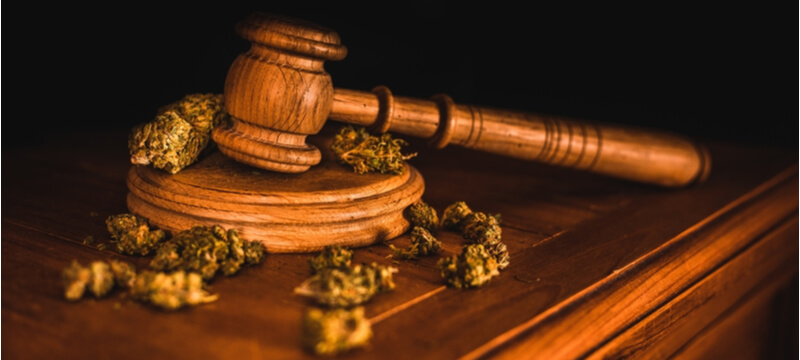
To be legal in the UK, the CBD must be extracted from cannabis with a THC content of no more than 0.2%.
Lastly, the finished CBD oil product may not contain more than 1 mg THC per product.
Find out more about UK law surrounding CBD: Is CBD legal in the UK?
Are CBD and THC harmful?
Both CBD and THC are relatively safe to use, and any adverse effects are most likely the result of drug-to-drug interactions between the compounds and other medications.
CBD may cause mild, temporary side effects such as:
- Appetite changes
- Diarrhoea
- Dizziness
- Fatigue
- Changes in weight
THC, on the other hand, can lead to the following temporary side effects:
- Anxiety
- Dry mouth
- Increased appetite
- Increased heart rate
- Memory loss
- Red eyes
- Slower reaction times
- Trouble coordinating
These potential side effects are usually mild and don’t last long. But they could stem from the cannabinoids interacting with other medications. That is why it is essential to consult a healthcare expert before using CBD oil to ensure your safety and avoid any possible harmful interactions.
It is also essential to be vigilant when choosing which CBD oil to use. Currently, the CBD market is flooded with products, many of which are of poor quality and may contain harmful ingredients. Select a CBD oil that has been third-party lab-tested to ensure quality and safety.
How to avoid THC in CBD oil
If you’d prefer to use a CBD oil that doesn’t contain any THC, there are a few things you have to pay attention to.
Find out what spectrum a CBD product is by paying attention to whether the CBD oil is isolate, broad-spectrum, or full-spectrum.
- Isolate: Pure CBD without any other chemical or cannabinoids
- Broad-spectrum: Contains CBD and terpenes, but no THC
- Full-spectrum: Contains all cannabinoids and terpenes, including THC
CBD isolate, and broad-spectrum are the spectrums you’d want to go for if you want to avoid THC. You’ll want to steer clear of full-spectrum.
Key takeaways
Hopefully, we’ve answered the question, “Does CBD oil have THC?” and you have a better understanding to find what works for you. Will CBD with traces of THC become your new go-to supplement for experiencing the entourage effect? Or would you rather avoid THC altogether? Let us know in the comments below!
You may also like to read: CBD vs THC – All you need to know

